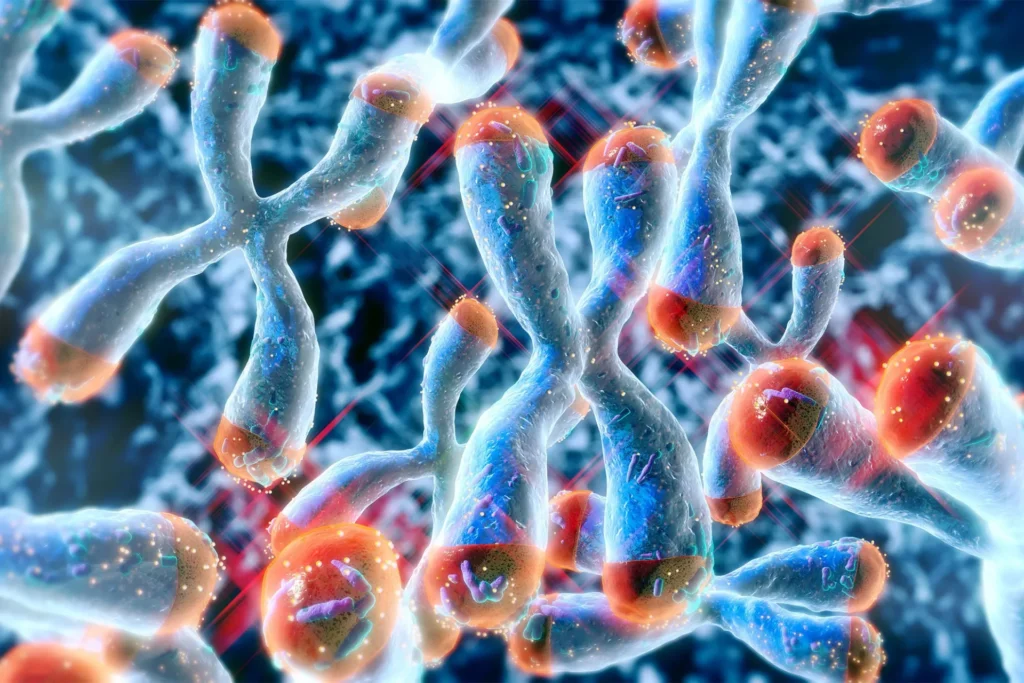A new large-scale study from Harvard’s Brigham and Women’s Hospital and the Medical College of Georgia finds that vitamin D supplements can slow telomere shortening, a key marker of biological aging.
🧬 The study:
-
Part of the landmark VITAL trial, which followed over 1,000 adults for four years.
-
Participants took 2,000 IU/day of vitamin D3 or placebo.
-
Results: Vitamin D significantly reduced telomere shortening compared to placebo—equivalent to preserving about three years of cellular youth.
-
Omega-3 supplementation showed no significant effect.
📉 Why telomeres matter:
Telomeres are protective caps at the ends of chromosomes. As they shorten, cells age and become more vulnerable to disease. Slowing telomere loss could help delay conditions like cancer, cardiovascular disease, and autoimmune disorders.
Why it’s exciting: This is the first long-term, randomized controlled trial to show that vitamin D can protect telomere length. It suggests that a simple, inexpensive supplement may not just support bone health—but could also help preserve the integrity of our DNA and slow biological aging itself.
Read more → The Harvard Gazette


